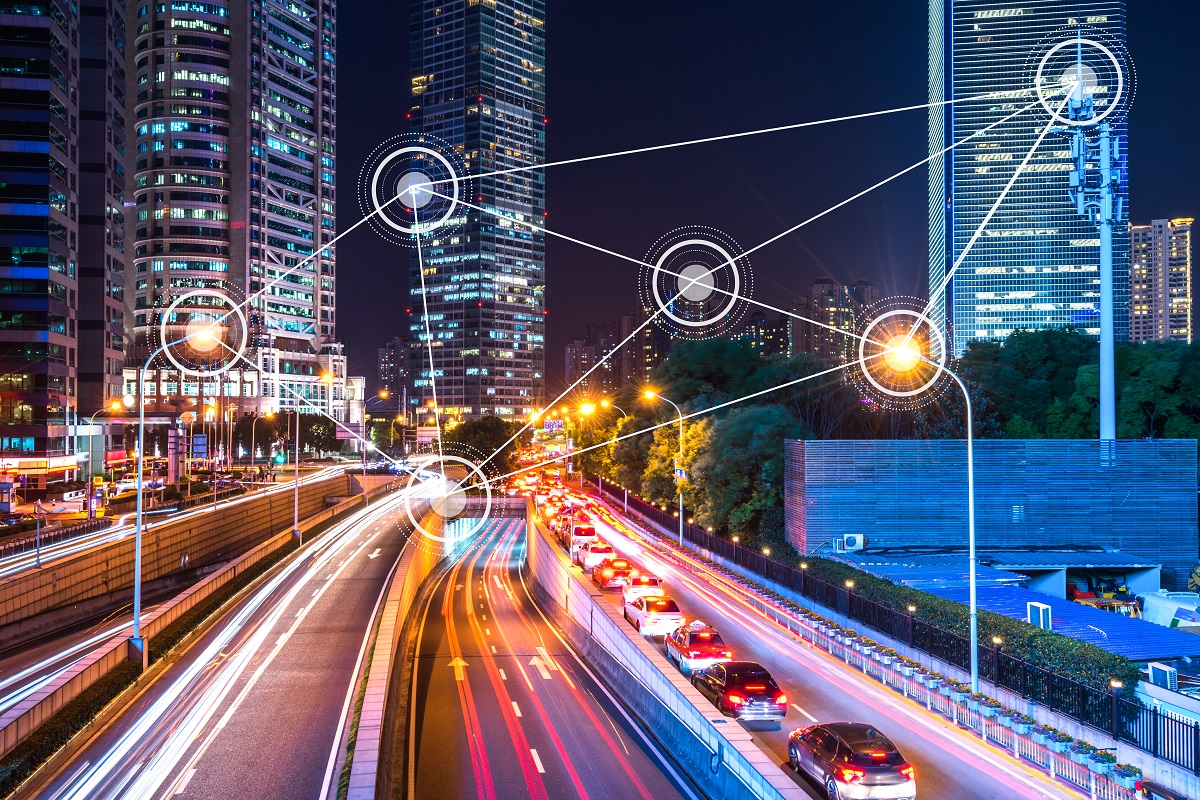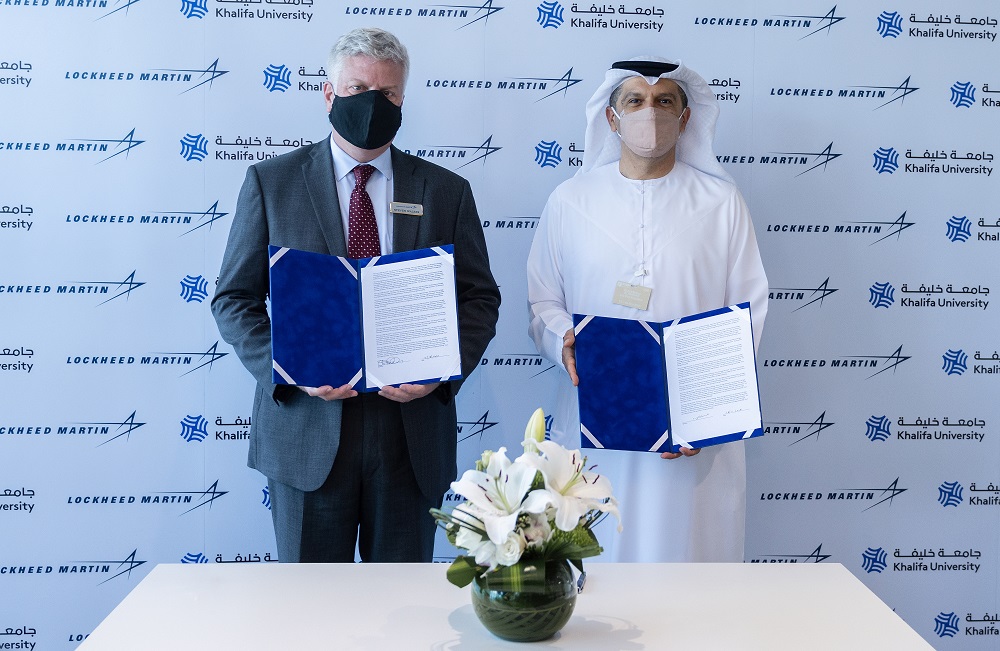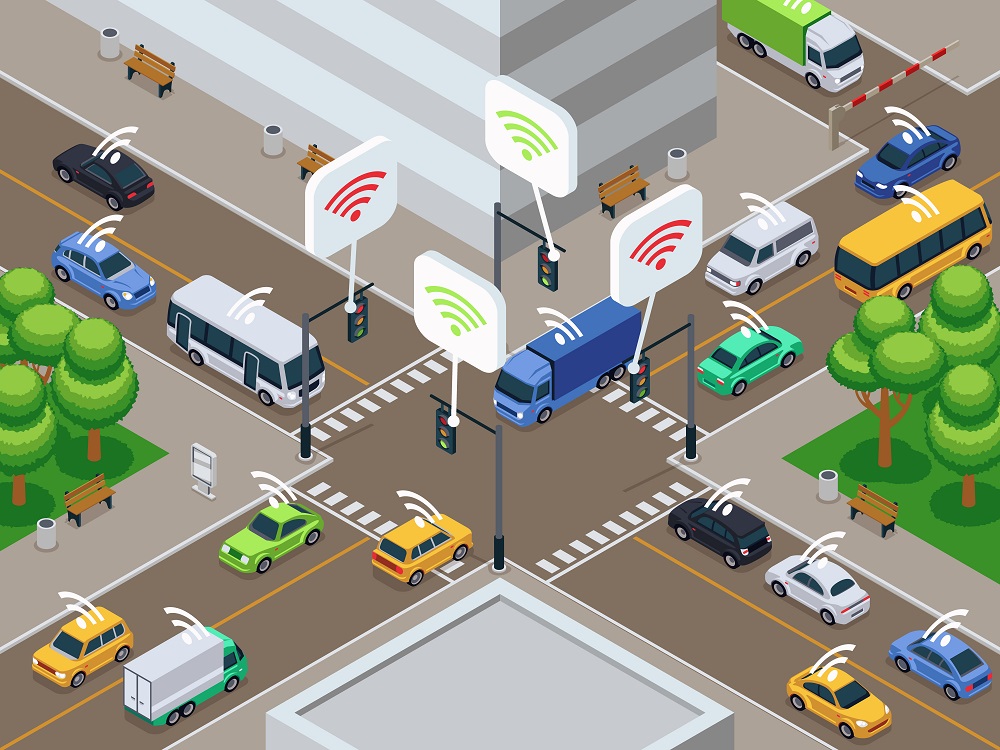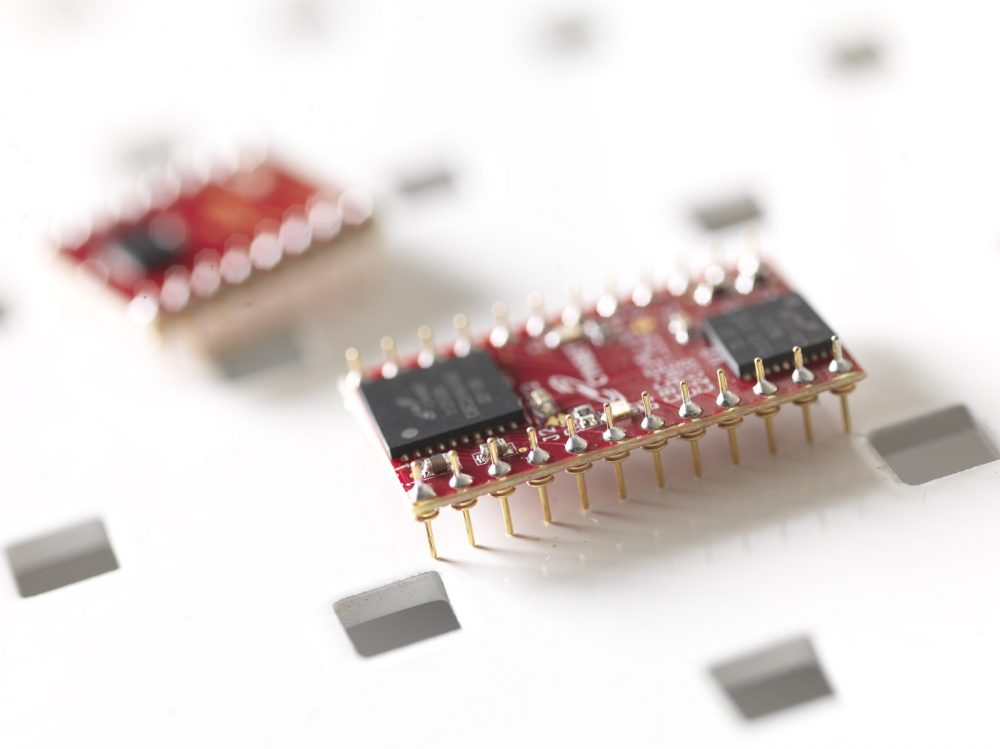Think Smart: Challenges and Opportunities in Smart Cities

By Dr. Nawaf I. Almoosa
Cities become ‘smart’ only when they offer services that properly take into account the needs of their population and of visitors. City services have to be context-dependent and support the achievement of city-specific goals.
During the third session of the INNOV-Italy UAE Webinar Series, I participated in a webinar that highlighted multi-disciplinary smart city solutions that blend together the socio-cultural and technical aspects of iconic cities like Rome, Milan, Dubai and Abu Dhabi. I was joined by Italian and UAE academia, industries and public institutions to discuss new collaborations as well as novel ideas for new projects.
In one of the sessions, Dr. Steve Griffiths, Senior Vice President for Research and Development at KU, and I covered our perspectives on research and innovation that can support the development and evolution of smart cities and sustainable mobility.
New technologies are enabling cities to become ‘smart.’ ‘Smart cities’ is a concept that has evolved very quickly thanks to the recent advancements in sensors and artificial intelligence technologies that enable analysis of massive data sets. There is no shortage of start-up companies trying to address every sector of smart cities. As Dr. Steve said, on the technology side, clearly there’s a good opportunity for the Internet of Things, high speed communications networks, low-earth orbit satellites providing data and lots of other ways of bringing data to intelligent systems. But a smart city is not just a collection of technologies.

In fact, the notion of a city itself is not always so clear. City definitions differ: in Japan, a city needs 50,000 inhabitants; in Norway, just 200. But cities are very important, no matter how they are defined. 55 percent of the world’s population lives in cities—4.2 billion people—and 80 percent of global GDP is generated in cities. They account for three-quarters of human-caused global carbon dioxide emissions and an estimated two-thirds of global final energy use.
In the UAE’s definition of the smart city, we include the notion of sustainability, which is perhaps the most critical aspect of intelligence. We look at the environment, we look at the economy, and we look at social welfare, bringing numerous opportunities to have impact across a lot of different areas. Healthcare, safety, convenience, environmental quality and social connectedness all factor into the UAE’s vision for smart and sustainable cities.
Additionally, the Khalifa University R&D strategy focuses on all the tenets of the 4th Industrial Revolution, including information and communication technologies, robotics, artificial intelligence and data science, and advanced materials and manufacturing. Like a city, our strategy involves integrating all the different sectors aligned with UAE priorities. The Emirates ICT Innovation Center (EBTIC), of which I am the Acting Director, is one of the key collaborators along with Khalifa University’s other research centers focused on smart and sustainable cities in the UAE.
EBTIC is built on open innovation and collaboration between academia, industry and government. We function like any academic research center in terms of our research and putting out scientific publications, but we also work closely with government and industry stakeholders in applied research, where we produce different concepts and other value-driven research.
Smart societies, infrastructure and enterprise form the backbone of EBTIC’s research and innovation architecture. Our research teams aim to apply tools from ICT, operations research, data science and artificial intelligence to solve problems in telecommunications infrastructure and to optimize operational efficiency for enterprises. We also use these tools to solve problems in society in general, specifically in areas of sustainability, education, healthcare and social networking.
Academia is crucial in developing a smart city—another aspect of a smart city is having a strong educational system. We have outreach programs to educate professionals in data science and the impact of the technology at a high level and how it can be used in organizations and society in general. Since 2015, we have trained more than 250 professionals in the UAE, with Prof. Ernesto Damiani, Senior Director of the Khalifa University Robotics and Intelligent Systems Institute, leading that effort.
The UAE is at the forefront of important work in smart cities, with the smart and sustainable cities of the future the path forwards for smart and sustainable growth.
Innov-Italy UAE aims at improving the opportunities for bilateral cooperation between the UAE and Italy in six high-innovation sectors, including cybersecurity, space, smart cities and sustainable mobility, life sciences, food technologies, and renewable energy.
Dr. Nawaf I. Almoosa is Acting Director of the Emirates ICT Innovation Center (EBTIC) at Khalifa University.




